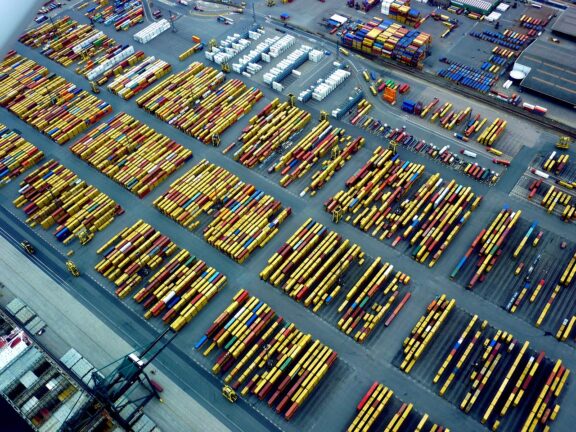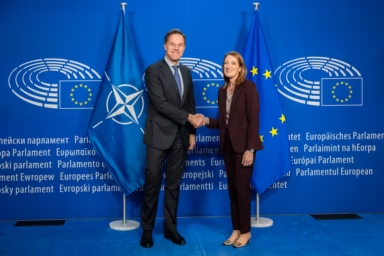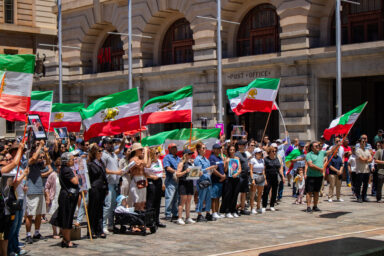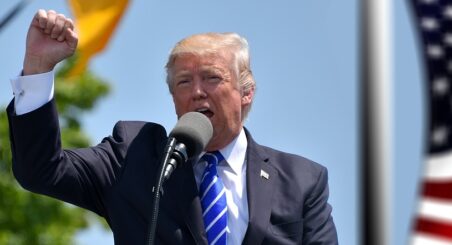US President Donald Trump on Saturday announced that the European Union and Mexico face a 30 per cent tariff on exports to the United States beginning 1 August unless representatives reach a new trade deal beforehand. It didn’t take long for EC President Ursula von der Leyen to respond.
Posting on his social media platform, Truth Social, Trump addressed European Commission President Ursula von der Leyen, writing:
“The United States of America has agreed to continue working with the European Union, despite having one of our largest Trade Deficits with you. Nevertheless, we have decided to move forward, but only with more balanced and fair TRADE.”
Tariffs as a blunt instrument
Sweeping tariffs have become a hallmark of President Trump’s second term, disrupting markets and surprising both competitors and long-standing allies. European markets dipped even ahead of the announcement, as investors weighed the likelihood of escalating trade tensions. The STOXX 600 dropped 0.7%, Germany’s DAX 0.9%, and France’s CAC 40 fell 0.8% in the run-up, sources reported.
“The United States of America has agreed to continue working with the European Union…” – Donald Trump
On Saturday, Ursula von der Leyen responded by saying the EU remained “ready to continue working towards an agreement.” But she warned that “a 30 per cent tariff on EU exports would hurt supply chains, businesses and consumers on both sides of the Atlantic.”
Above all the EC president stressed that the 27-member bloc would “take all necessary steps to safeguard EU interests, including the adoption of proportionate countermeasures if required.”
You might be interested
Von der Leyen reminded the US and others that “few economies in the world match the European Union’s level of openness and adherence to fair trading practices.” – a clear rebuke of Mr Trump’s decision and a rejection of the 30 per cent hike.
The tariff letter drew a broader response than from just the EC president, but saw reaction from fellow EU leaders. European Council President Antonio Costa said the entire bloc stood ready to support the European Commission’s efforts “to reach a fair agreement with the US.” Others who called for a fair agreement and a measured approach included Italy’s Prime Minister Giorgia Meloni. French President Emmanuel Macron posted his reaction on X:
“Along with the President of the European Commission, France shares the same very strong disapproval at the announcement of horizontal 30% tariffs on EU exports to the United States from August 1st.”
“We will take all necessary steps to safeguard EU interests, including the adoption of proportionate countermeasures if required.” – Ursula von der Leyen
Resolute
The latest tariff threat marks a sharp escalation from the 20 per cent rate announced on April 2—”Liberation Day,” as Mr Trump called it. Negotiations between the EU and the US had continued in the lead-up to Saturday’s announcement, with Brussels advocating for a baseline tariff of 10 per cent as part of a broader trade agreement.
The higher-than-expected 30 per cent tariff unveiled by President Trump is most unwelcome news for Brussels and seen as a hardline negotiating tactic aimed at ramping up pressure ahead of the August 1 deadline. While the move reflects Washington’s combative trade posture, the swift and coordinated response from European leaders signals that the bloc is prepared to stand firm against unfavourable terms.
With only weeks left before the deadline, upcoming negotiations will determine whether economic tensions escalate — or a reasonable deal prevails.











